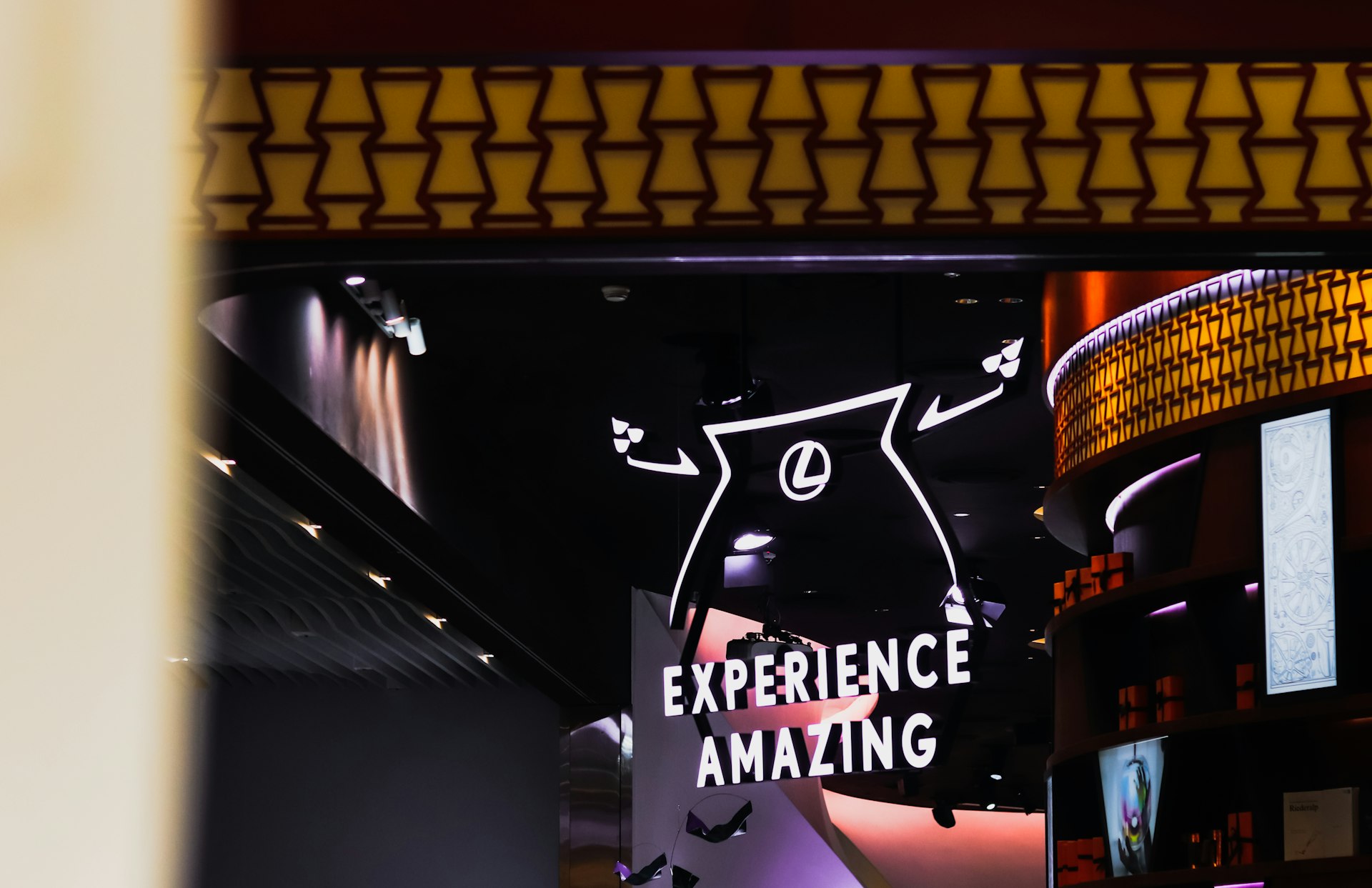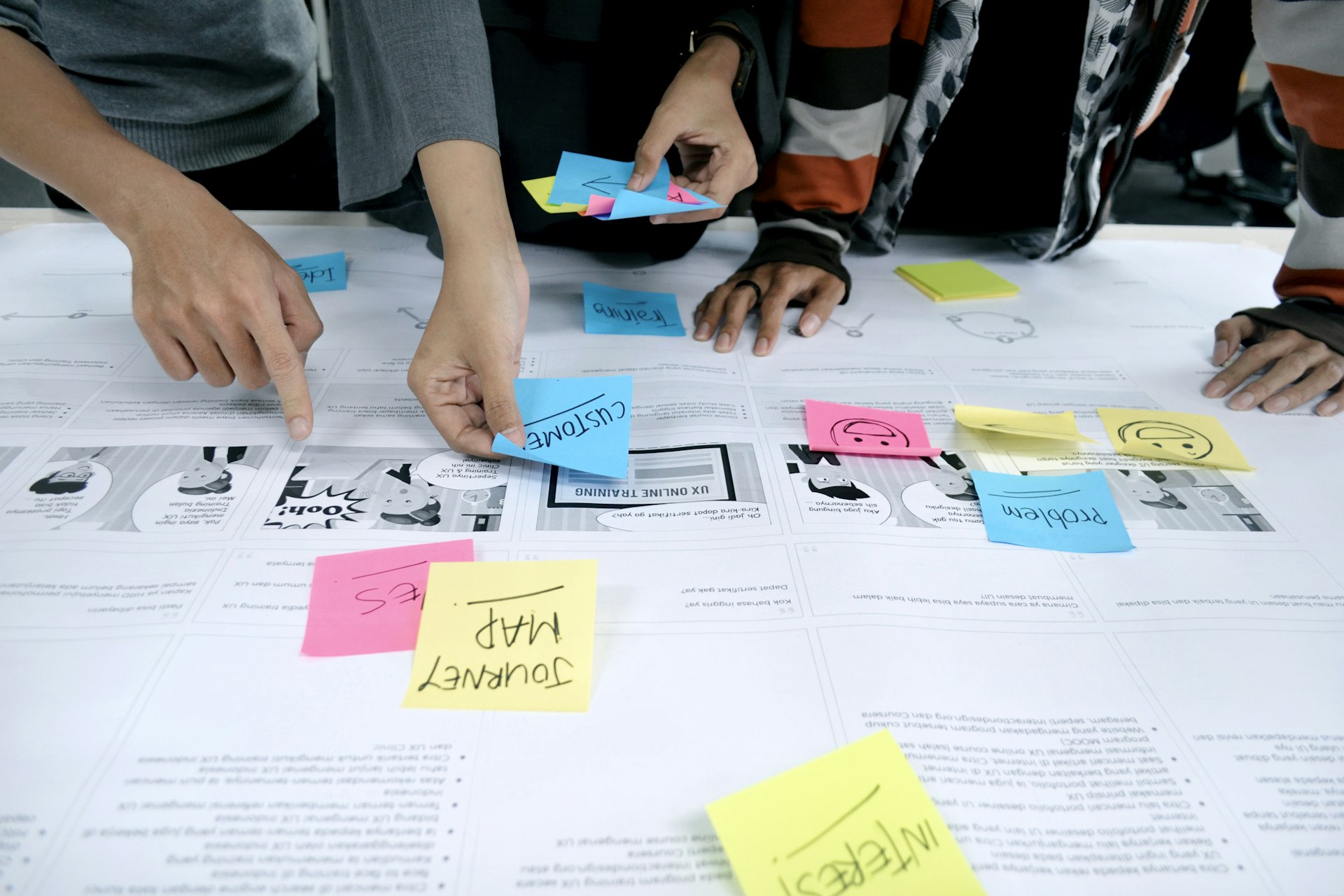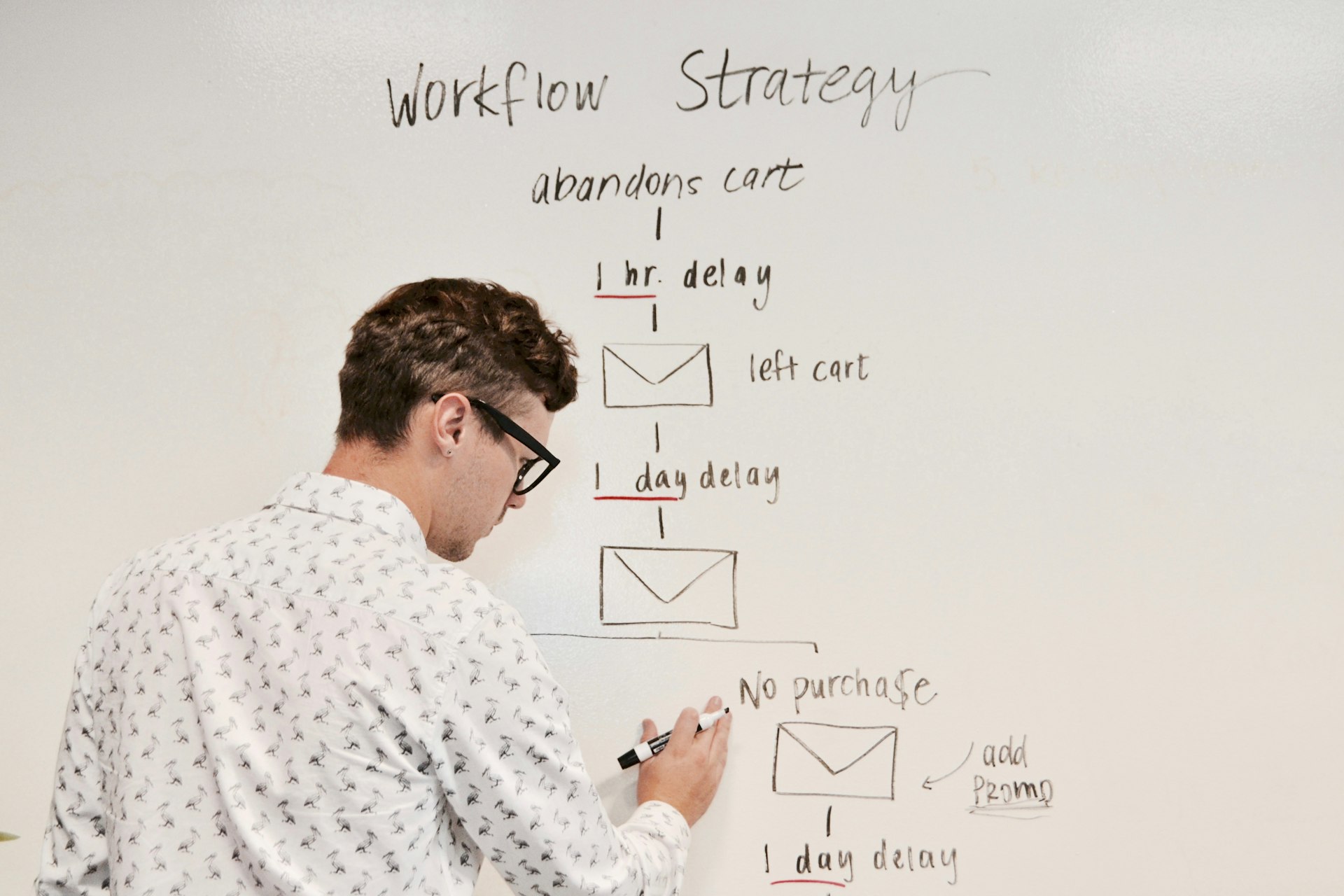Unlocking Customer Retention: The Power of Personalized Experiences

Photo by Walls.io on Unsplash
Introduction
In today’s competitive business landscape, retaining customers is not just about offering quality products or services-it’s about delivering personalized experiences that make individuals feel valued and understood. Research consistently shows that personalization is both an expectation and a key driver of loyalty. According to McKinsey, 71% of consumers expect companies to deliver personalized interactions, while 76% are frustrated when this does not occur [3] . Building a customer retention strategy rooted in personalization is critical for sustained growth and profitability.
Understanding Personalized Experiences and Their Impact
Personalized experiences involve tailoring content, communication, and services to individual customer preferences, behaviors, and needs. This can include customized product recommendations, targeted emails, and individualized website content. Salesforce reports that 84% of customers say being treated as a person, not a number, is crucial for earning their loyalty [5] . By leveraging customer data responsibly, businesses can create relevant, contextual interactions that foster a sense of connection and trust, ultimately driving higher retention rates.
Key Benefits of Personalization for Retention
Personalized strategies offer a range of benefits:
- Increased Customer Satisfaction: Tailored interactions make customers feel seen and appreciated, increasing satisfaction and the likelihood of repeat business [5] .
- Higher Engagement: Personalized content encourages customers to interact more with your brand. For instance, 72% of customers only engage with personalized messages [5] .
- Improved Loyalty: When experiences are relevant, customers are more likely to become loyal advocates, leading to increased lifetime value [2] .
Step-by-Step Guide to Building a Retention Strategy with Personalization
1. Map the Customer Journey
Begin by outlining every key interaction point your customers have with your brand, from initial awareness through to post-purchase support. Identify moments that are most impactful-such as onboarding or the first purchase-and determine where personalization can make a significant difference [2] .
2. Develop Targeted Content Plans
Create marketing materials, email campaigns, offers, and content tailored to each customer segment. For example, segmenting users by purchase history allows you to send relevant product recommendations or exclusive offers that match their interests [1] . Brands like THE YES use interactive features (such as “yes” or “no” buttons) to further refine and personalize customer experiences, leading to a virtuous cycle of engagement [3] .
3. Integrate Technology for Personalization at Scale
Adopt digital tools and platforms that enable you to deliver personalized experiences efficiently. Solutions like Contentstack Personalize or Appcues allow you to automate content delivery and trigger custom journeys based on user data and behavior [1] , [2] . Automation ensures that each customer receives timely, relevant communication and offers.
4. Collect and Act on Customer Feedback
Implement feedback mechanisms, such as surveys or embedded widgets, to gather insights about customer preferences and satisfaction [4] . Use this data to refine your personalization efforts and demonstrate that you are listening. For instance, installing a feedback widget on your site enables users to share what works and what doesn’t, helping you continuously improve the customer experience.
5. Optimize Communication Channels
Utilize multiple communication channels-email, in-app messaging, social media-with personalized content. For example, companies like Grammarly send users personalized performance stats and writing tips, reinforcing engagement and value [4] . Ensure all customer communications are relevant, timely, and add value to the user’s journey.
Real-World Examples of Personalization Driving Retention
Numerous brands have seen measurable improvements in retention by implementing personalized experiences:
- THE YES : By allowing customers to indicate their preferences directly, THE YES delivers a uniquely tailored shopping experience, increasing repeat visits and loyalty [3] .
- Grammarly : Sends personalized email updates on user progress, making customers feel recognized and motivated to keep using the product [4] .
- Appcues Users : Implementing tailored onboarding flows and targeted email sequences has helped companies guide users to value faster and reduce churn [1] .
Potential Challenges and Solutions
Managing Customer Data
Personalization relies on collecting and analyzing customer data, which raises privacy and security concerns. It is essential to seek customer consent, be transparent about how data is used, and comply with relevant data security regulations. Only collect information that is necessary for delivering value, and invest in secure data management practices [2] .

Photo by Tom Official on Unsplash
Over-Personalization Risks
While personalization is powerful, being overly familiar or sending too many targeted messages can feel intrusive to customers. Strive for a balance by personalizing in ways that add genuine value and avoid making assumptions that could alienate users [2] .
Step-by-Step Implementation Guidance
- Audit Your Current Customer Data: Review how you currently collect, store, and use customer data. Identify gaps and opportunities for meaningful personalization.
- Segment Your Audience: Use data points such as purchase history, browsing behavior, and demographics to create audience segments.
- Choose Appropriate Tools: Research and implement customer relationship management (CRM) platforms or marketing automation software that supports personalization. Look for solutions with robust data privacy controls.
- Craft Personalized Content: Develop content and messaging tailored to each segment. Test different approaches using A/B testing and analyze what resonates best with each group.
- Monitor and Refine: Continuously collect feedback, track engagement metrics, and iterate your personalization strategy based on results and evolving customer expectations.
Alternative Approaches and Additional Pathways
If you lack the resources for advanced personalization technology, consider these alternatives:
- Start with simple segmentation, such as by new vs. returning customers, and offer basic personalization like name-based greetings in emails.
- Leverage customer support touchpoints to gather insights and offer tailored recommendations during direct interactions.
- Encourage customers to self-select their preferences via surveys or account settings, allowing for manual customization of their experience.
- Partner with vendors or platforms that offer plug-and-play personalization features suitable for smaller businesses.
How to Access and Implement Personalized Retention Strategies
You can begin implementing personalized retention strategies by following these steps:
- Research reputable CRM and marketing automation providers through technology review sites and industry publications.
- Contact customer experience consultants for customized advice and implementation support.
- Train your team on data privacy best practices and the ethical use of customer data.
- Regularly review industry case studies for inspiration and to benchmark your performance against leaders in your sector.
If you need further guidance, consider searching for terms such as “personalized customer retention best practices” or “how to implement customer journey mapping” through established business education platforms and industry organizations.
References
- [1] Appcues (2023). 8 Customer retention strategies that work.
- [2] Contentstack (2023). Personalized customer experiences: The key to customer retention.
- [3] Harvard Business School Online (2023). 3 Engagement Strategies You Can Use to Retain Customers.
- [4] Contentsquare (2023). 8 Powerful Customer Retention Strategies to Try Out.
- [5] Storyly (2023). Maximizing Customer Retention with Personalized Content Strategies.
MORE FROM todayhiring.us













